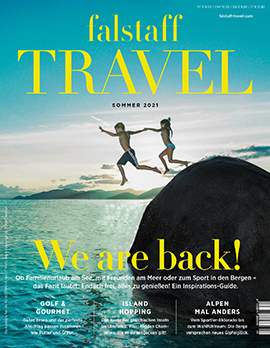
Respectful Travelling
5 tips for more environmentally conscious travel & possible trends
18 February 2020
Sustainability & Tourism
To New York for shopping, to Paris for a romantic dinner on the Eiffel Tower and to the Caribbean in summer for swimming ... In 2018, around 1.4 billion people took a trip abroad. The number of tourists worldwide has increased fiftyfold in the last 70 years - and continues to grow constantly. Yet booming tourism doesn't just have its sunny side. What for many means relaxation and a welcome break from everyday life often has less glamorous effects on nature: Pristine beaches and forests have to make way for ostentatious luxury resorts. Exquisite food and drink is shipped halfway around the world just so that a guest in the Caribbean can be offered French wine for dinner. And, of course, the many tons of CO2 produced by a single scheduled flight to a vacation destination. Let's not kid ourselves: Tourism is a contributor to climate change. Travel, especially air and sea travel as well as travel to and from destinations by car, pollute our environment through their high CO2 emissions. But this is not the only negative impact of tourism on our environment. New infrastructure has to be created for hotels, resorts and tourist attractions, which changes the landscape of the places. Green areas are built up, viewing platforms as well as parking lots are constructed and roads as well as paths are developed to make previously untouched beaches or mountains accessible to travellers. Water scarcity and water pollution (for example through sewage) are also an issue. In many countries and regions, drinking water is already a scarce commodity. If increased water consumption by tourists is added to this, there is even less water left for the local population and agriculture. Some activities, such as snowmaking on ski slopes, also consume valuable water resources. In many places, the treatment of wastewater is not yet advanced enough, so that it is discharged directly into rivers or the sea without being filtered. If the amount of wastewater increases due to the growth in tourism, this leads to a clearly noticeable pollution of local waters. Biodiversity is also affected by encroachment on nature as well as air and water pollution, resulting in a decrease in the diversity of flora and fauna. Since it is above all our beautiful nature and exotic plants and animals that make traveling to foreign countries so attractive, it should be especially important to us globetrotters not only to experience our environment, but also to protect it.
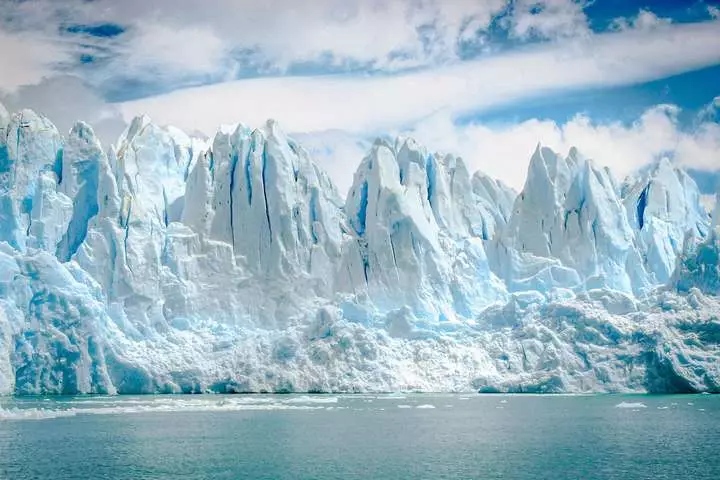
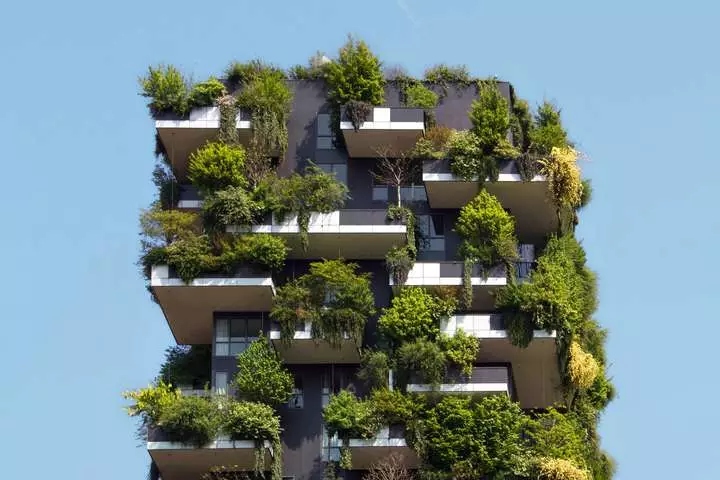
POSSIBLE DEVELOPMENTS
How will climate change affect tourism? We show five possible directions in which the travel industry may develop according to experts:
1. flying becomes more expensive
Subsidies and environmentally harmful tax breaks will be abolished and taxes such as the kerosene tax will be introduced or increased. The costs will naturally have an impact on the ticket price and increase it noticeably over the years.
2. additional charges for baggage
To save the environment, every kilogram counts. Airlines that charge extra for baggage carry less baggage and therefore a lower total weight per flight. This is reflected in the kerosene consumption and CO2 emissions. But even without additional costs, every passenger can do something for the environment when packing their suitcase.
3. train instead of flight
Particularly for short distances, people are more likely to use the train in the future. Ticket prices for flights are becoming more and more expensive due to additional fees, the rail network and the service of the railways are getting better and better, and not least in order to make a personal contribution to climate protection, travelling by train - on short journeys - is becoming more and more attractive.
4. night ban
Not only the CO2 emissions from flying are a problem for the environment, but also the noise pollution. Therefore, by 2050, air traffic at all airports near cities (in Germany) is to be stopped from 10 pm to 6 am. Unavoidable night flights will be handled at airports outside residential areas.
5. ban business class from short- and medium-haul routes
If you look at the CO2 balance of the individual passengers, it is twice as high for a passenger in Business Class as for a guest in Economy Class. Flights could be utilized more efficiently and the CO2 emissions could be divided among several passengers. In addition, individual flights could be saved if the number of passengers per flight is maximized - although this can also have an impact on legroom.
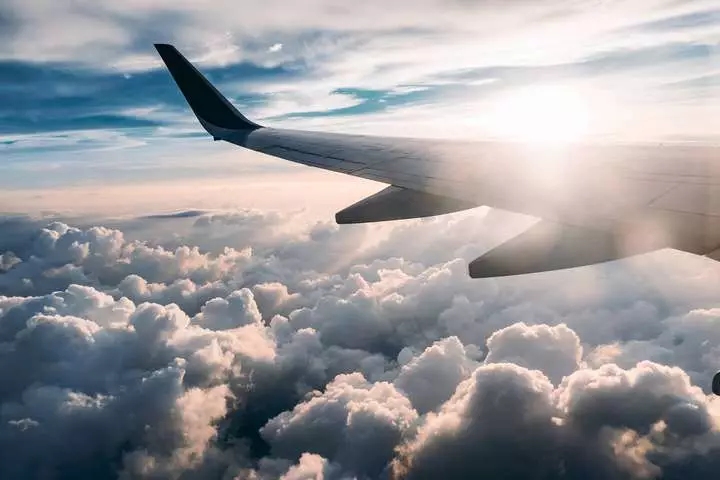

TIPS FOR ENVIRONMENTALLY CONSCIOUS TRAVEL
The aim of every traveller should be to have as little impact as possible on nature through travel, not to harm it and to be able to experience nature as originally as possible. We have five tips for you on how to achieve this.
1. flight compensation - soothe the guilty conscience
We don't want to hear it, but the most harmful way to travel for the environment is by plane. If you still can't or don't want to do without a flight, you have the possibility to at least compensate it. Emissions calculators such as Atmosfair or myClimate suggest, depending on the flight distance, a compensation amount and give the opportunity to donate to various carbon offset projects. This does not make the flight more environmentally friendly, but at least promotes the development of alternative resources or the planting of trees. By the way, there are also emission calculators for cruises.
2. choose hotels with a sustainable tourism label
Similar to the Fair Trade seal, there are also various quality seals for the travel industry. These are awarded to hotels that pay attention to sustainability. These certificates include, for example, GreenGlobe, EarthCheck, the European Ecolabel, Green Key, Travelife or GreenSign. Since each label follows its own criteria, it's worth comparing. How about choosing a hotel with a recognised seal of quality for your next holiday?
3. environmentally friendly sunscreen for the beach holiday
For a beach holiday, one thing in particular should not be missing in the suitcase: Sunscreen. But what means protection for our skin is unfortunately very dangerous for many sensitive ecosystems: Most conventional sunscreens contain toxic substances that dissolve during bathing and harm marine life. By the way, even waterproof sunscreen is never 100% waterproof. Who not only fry in the sun, but also want to cool off in the sea or go snorkeling, should therefore rather fall back on alternative sunscreen.
4. avoid waste
Tourists generate around half a kilo to over a kilo of rubbish per overnight stay - up to twice as much as a local! Therefore, avoid producing rubbish as much as possible, even on holiday. For example, when shopping, do without the plastic bag and the fancy disposable straw in your cocktail. Many hotels also make it easier for guests by offering beauty products in refillable containers, for example.
5. eat regionally & seasonally, preferably from organic cultivation
We love luxury - but not at any price. Does a gourmet dinner really need ingredients that have flown halfway around the world? Many hotel restaurants already use regional, seasonal foods for their dishes. Next time, why not try the country's national dish and locally produced fine liquor instead of insisting on fine beef imported from Argentina and French wine?

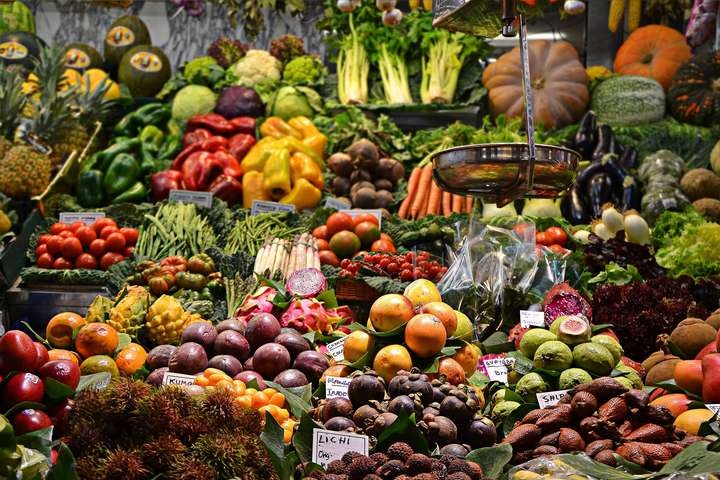
Picture credits: Lefay Dolomiti; Unsplash (Alto Crew, Victor Garcia, Collins Lesulie, Ja Ma, Grant Ritchie, Artur Tumasyan, Dustan Woodhouse, Jerry Zhang).
